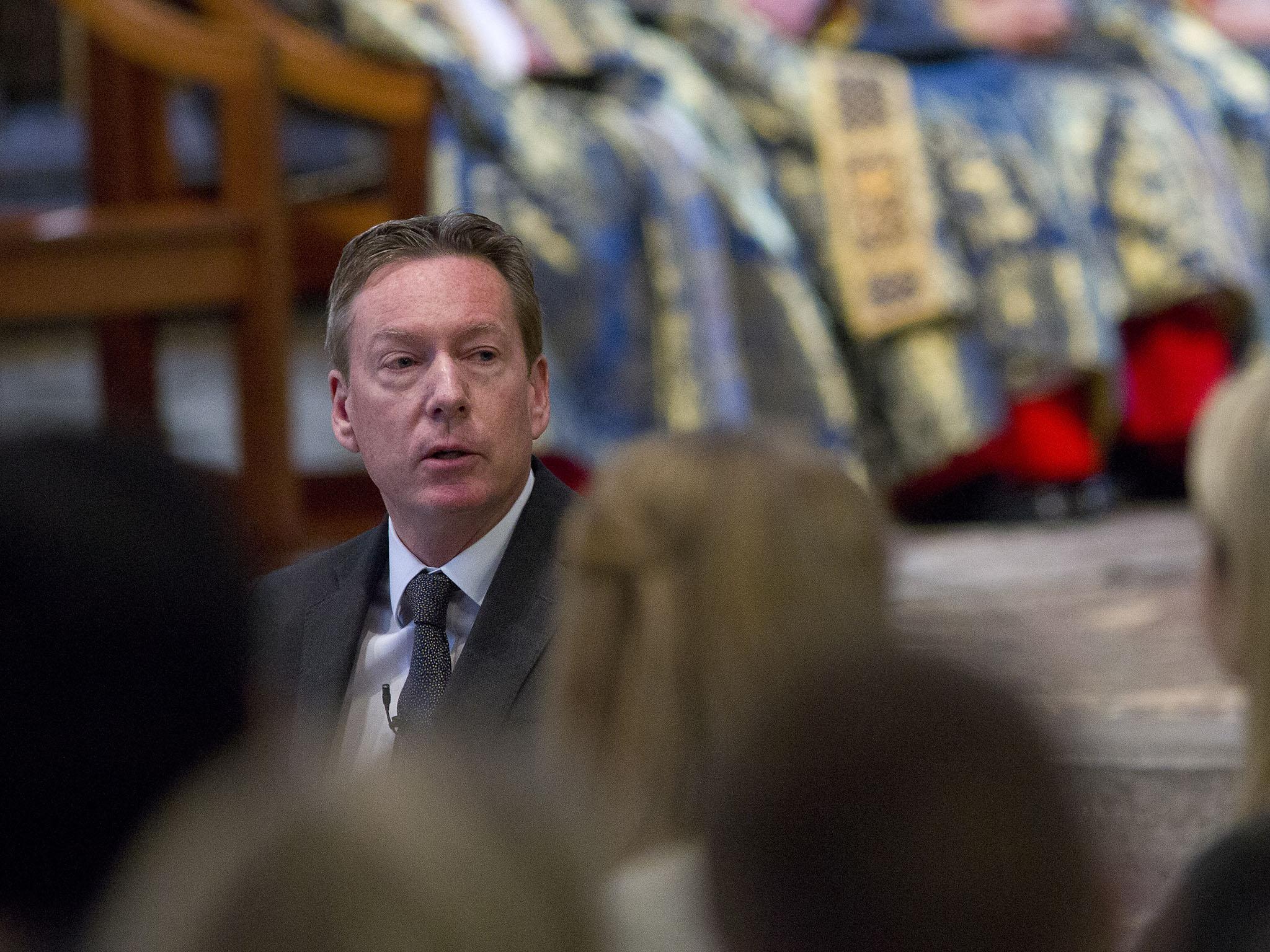It's time to hit business that fail their disabled customers where it really hurts – in the pocket
The net effect of such legislation might ultimately only be that disabled people get treated equally as shabbily as their able-bodied fellow passengers, but this would still amount to progress


Flying can be a depressing experience at the best of times. When you have disabilities, however, it can feel more like an unpleasant medical procedure.
Take the experience of Frank Gardner, the BBC’s security correspondent, on a recent easyJet flight. Gardner, who was left disabled after a terrorist incident in Saudi Arabia, took to Twitter to highlight how he had been left stranded on a plane after it had landed at Gatwick. The staff who were supposed to assist passengers with disabilities simply failed to turn up.
It isn’t the first time it has happened to the journalist, whose role makes him a regular flier. In fact he later told the BBC that “it happens so bloody often, it’s just really tedious”. He’d have good cause to use a rather stronger expletive. Such behaviour is simply unacceptable – but it is far from uncommon.
Take the Paralympian turned cross bench peer Baroness Tanni Grey-Thompson. She was once left stranded on a plane in Dubai while flying back from the IPC World Championships in New Zealand. There was only one wheelchair at the airport, and 34 athletes with disabilities landing. Their own conveyances had been stored in the hold, standard (bad) practise for those with mobility impairments. Imagine having your legs removed before boarding the plane and you get the picture.
She has also highlighted the rough treatment frequently meted out to her chair by baggage staff. Friends of mine have talked to me about similar experiences.

It isn’t just planes, though. Last week I highlighted the case of Anne Wafula Strike, a Paralympian like Baroness Grey-Thompson, who courageously went public with an even more unpleasant experience on a train that didn’t contain a disabled toilet.
Now the publicity weapon can be a powerful one when wielded by people with public profiles, as the above cases demonstrate. Gardner pinned the blame for his plight on OCS Assist, part of an outsourcing company most people probably won’t have heard of before. It’s corporate moniker has now arguably been exposed as a misnomer. Gardner also criticised the carrier, easyJet.
The two companies, along with Gatwick Airport, were quick to say they had launched an investigation aimed at preventing a repeat occurrence. An investigation is also what CrossCountry trains promised Wafula Strike. But that is the very least all concerned could – and should – have done.
What happened to Gardner, Wafula Strike and Baroness Thompson shouldn’t have happened in the first place. What happens to disabled travellers every day, because these are by no means isolated incidents, should not happen. But it does. Again and again.
While I’d encourage anyone experiencing the sort of poor treatment Gardner and the others have talked about to follow their example and use social media to publicise it, it seems to me that something more is required. The very fact that these incidents keep coming to light speaks volumes about the attitudes of the companies concerned and about their priorities.
Just to make clear, I’m absolutely not accusing them of intentionally discriminating against disabled customers. But the trouble with sins of omission is that the effect on those on the receiving end is basically the same as the effect of sins of commission. The unnecessary indignity is still felt. An unpleasant reality is still underlined: people with disabilities are at the back of the metaphorical bus. Or train. Or plane.
There is a way of changing this. If there’s one thing that bothers a company more than having its hallowed brand publicly trashed, it’s getting hit in the pocket.
What if the operators of planes, boats, buses and trains were forced to, in the first instance, refund anyone with disabilities suffering an unnecessary indignity on one of their vehicles, plus a small additional sum to cover any incidental costs incurred as a result.
And what if a regulator were required to monitor the occurrence of such incidents, and empowered, and required, to fine any company responsible for too many. I’d imagine that it wouldn’t be too long before disabled people were treated with a little more respect than they receive at the moment. Companies like easyJet, OCS and CrossCountry would be forced to shake up their procedures and especially their priorities.They might also have to hire some more staff. Just a thought.
The net effect might ultimately only be that disabled people get treated equally as shabbily as their able-bodied fellow passengers are treated (that needs to be changed too). But that would still amount to something like progress given where we are at the moment.
Join our commenting forum
Join thought-provoking conversations, follow other Independent readers and see their replies
Comments
Bookmark popover
Removed from bookmarks